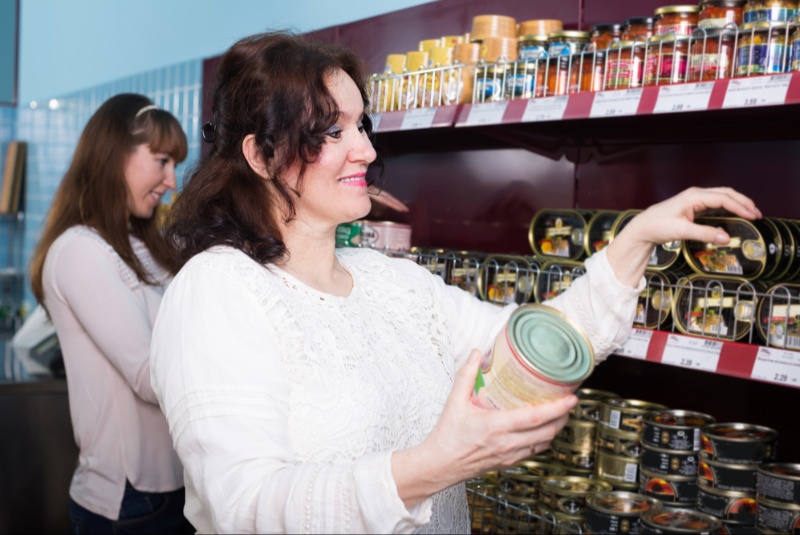In today's fast-paced, consumer-driven society, we are constantly bombarded with opportunities to spend money. It's a cycle that often seems inescapable. However, with a little forward-thinking and strategic shopping, we can dramatically cut down on our expenses. One of the most effective ways to reduce household costs is by buying non-perishable items in bulk. This approach not only saves money but also contributes to environmental conservation by reducing packaging waste. Here's how you can maximize your savings by embracing the bulk-buying lifestyle:
1. Understanding Non-Perishable Items
Non-perishable items are those that have a long shelf life and don’t require refrigeration. They include dry goods like grains, pasta, and beans, as well as canned foods, cleaning supplies, and personal care products. Because they don't spoil quickly, these products are ideal for bulk purchases.
2. Calculate the Cost Per Unit
One of the easiest ways to determine if you're getting a good deal is by calculating the cost per unit. Divide the total cost of the product by its quantity or weight. This will give you an idea of how much each unit or gram costs, making it easier to compare prices across brands or package sizes.
3. Invest in Proper Storage
Buying in bulk means you'll have more of each product on hand, which necessitates effective storage solutions. Consider investing in airtight containers for dry goods to prevent pests and maintain freshness. Label and date everything, so you know when each item was purchased, ensuring you use older products first.
4. Plan Purchases Around Sales
Warehouse clubs and bulk stores often have rotating sales. If you track these sales, you can plan your bulk purchases around them, maximizing your savings. Combine these sales with any available coupons or loyalty programs for even deeper discounts.
5. Group Buy with Friends or Family
If you find a great deal on a product, but it’s too much for your household, consider teaming up with friends or family. This way, you can split the cost and the products, ensuring everyone benefits from the savings without being overwhelmed by the quantity.

6. Reduce Waste
One of the indirect ways buying in bulk helps save money is by reducing waste. When you buy large quantities, there's often less packaging involved. Fewer boxes, plastic wraps, and containers mean fewer items going into landfills. Plus, when you control the portion size from larger containers, you're less likely to waste the actual product.
7. Limit Impulse Buys
While bulk stores offer great deals, they also present many temptations. Make a list before you go shopping and stick to it. Avoid the aisles that don’t have the items you need. This discipline ensures that your bulk shopping trips remain cost-effective.
8. Rotate Your Stock
Adopt the FIFO (First In, First Out) system. When you buy new bulk items, place them behind the older stock. This ensures that you use the oldest items first, preventing them from sitting too long and possibly becoming unusable.
9. Do Your Research
Not every bulk deal is a good deal. Sometimes, regular grocery stores may have sales that undercut even the bulk store prices. Before committing to a large purchase, do a quick price comparison with local supermarkets or online stores.
10. Understand Your Consumption
Before buying anything in bulk, evaluate if it’s an item your household consumes regularly. Purchasing a year’s supply of quinoa at a discount is fantastic – if you eat quinoa frequently. If not, it's a waste of money and storage space.
11. Beware of Overconsumption
Buying in bulk can sometimes lead to overconsumption. For example, if you buy a massive bag of chips, you might eat more than if you had a smaller bag. Be mindful of portions to ensure you're genuinely saving.
Buying non-perishable items in bulk is a smart, eco-friendly, and economical approach to shopping. It takes a little planning and discipline, but the savings – both in terms of money and environmental impact – are well worth the effort. Embrace bulk buying and watch your savings grow!




